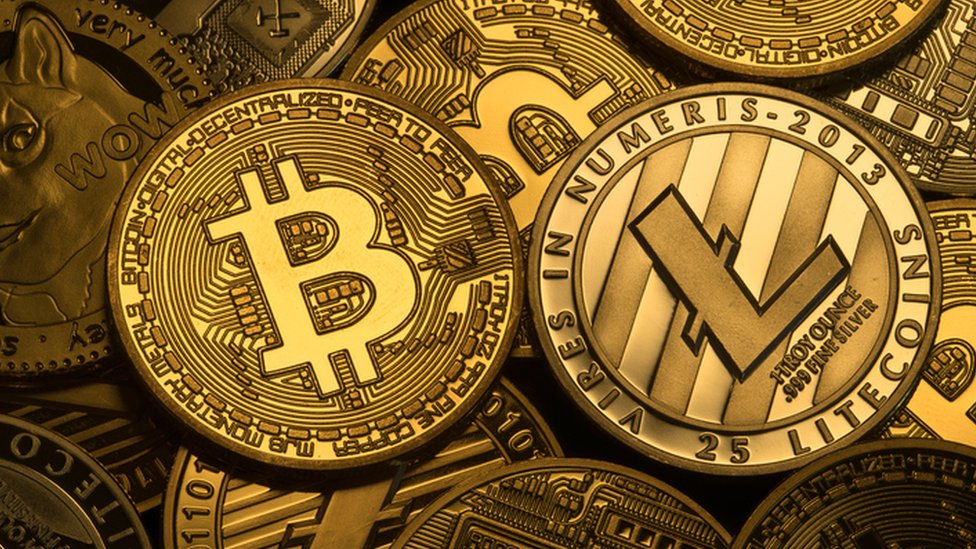
Visions of a future in which individuals regain control over their money, liberated from the influence of traditional banks and governments, have been inspired by cryptocurrency. Cryptocurrency is frequently praised as a means of achieving economic freedom, as it is characterized by its potential for decentralization, transparency, and financial inclusion. However, a contrasting possibility exists in conjunction with this optimistic ...

The global economic system has been underpinned by fiat currencies, which are government-issued money that is not supported by a physical commodity. This has been the case for centuries. Worldwide trade, investment, and economic policy are facilitated by the US dollar, euro, yen, and other currencies. However, the emergence of cryptocurrencies has introduced a new competitor: digital, decentralized, and borderless ...
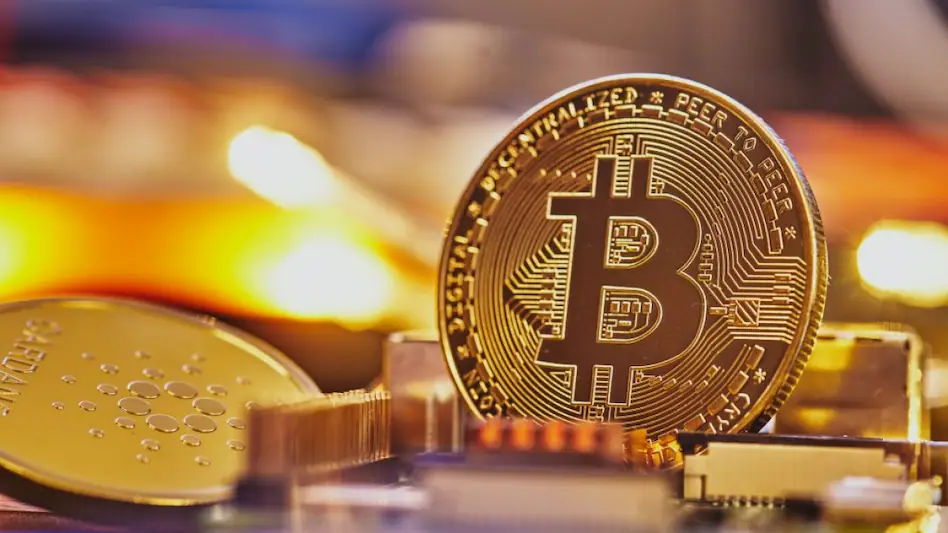
Remittances, which are funds sent by migrant laborers to their families back home, are a significant source of cross-border commerce, with hundreds of billions of dollars being transferred annually. These funds are essential for the support of millions, providing assistance with daily living expenses, healthcare, and education. However, the global remittance system continues to be afflicted by high fees, sluggish ...
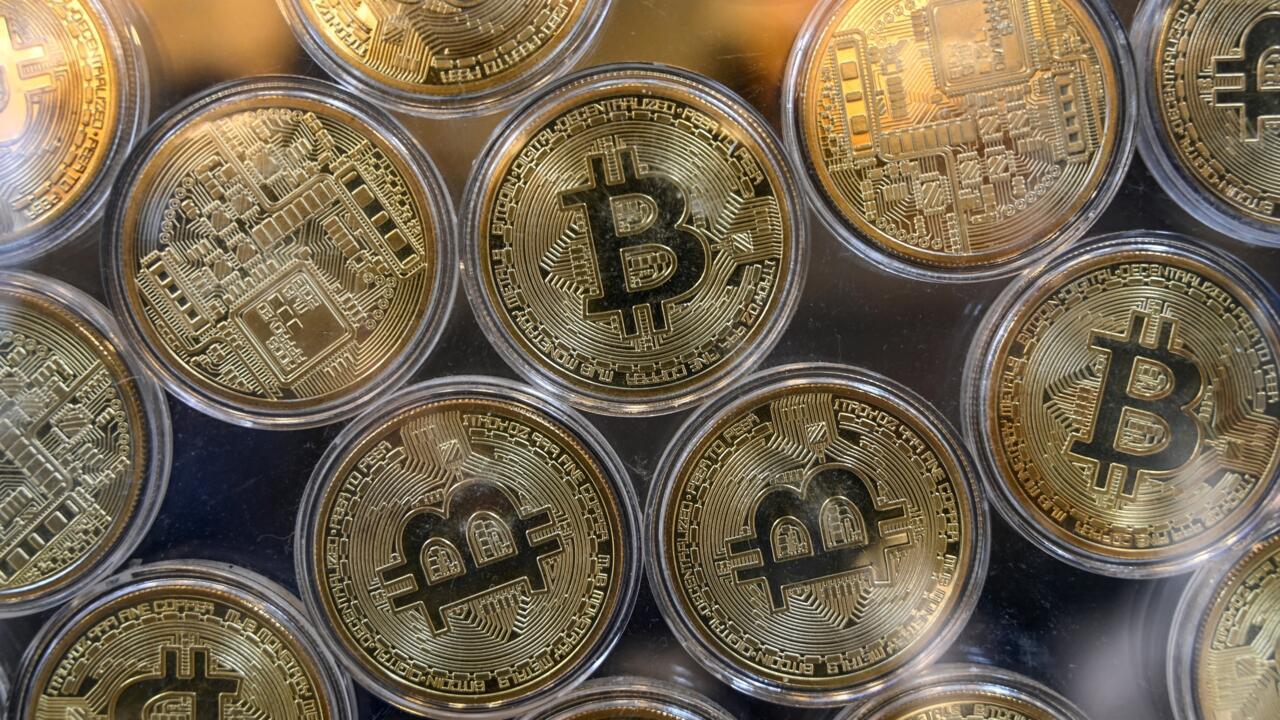
Cryptocurrencies have garnered worldwide attention as transformative instruments that have the potential to revolutionize governance, commerce, and finance. The evolution of these digital assets has raised a critical question: will future cryptocurrencies enhance national economies by promoting innovation and inclusion, or will they destabilize traditional financial systems and cause economic disruption? The response is contingent upon the degree to which ...
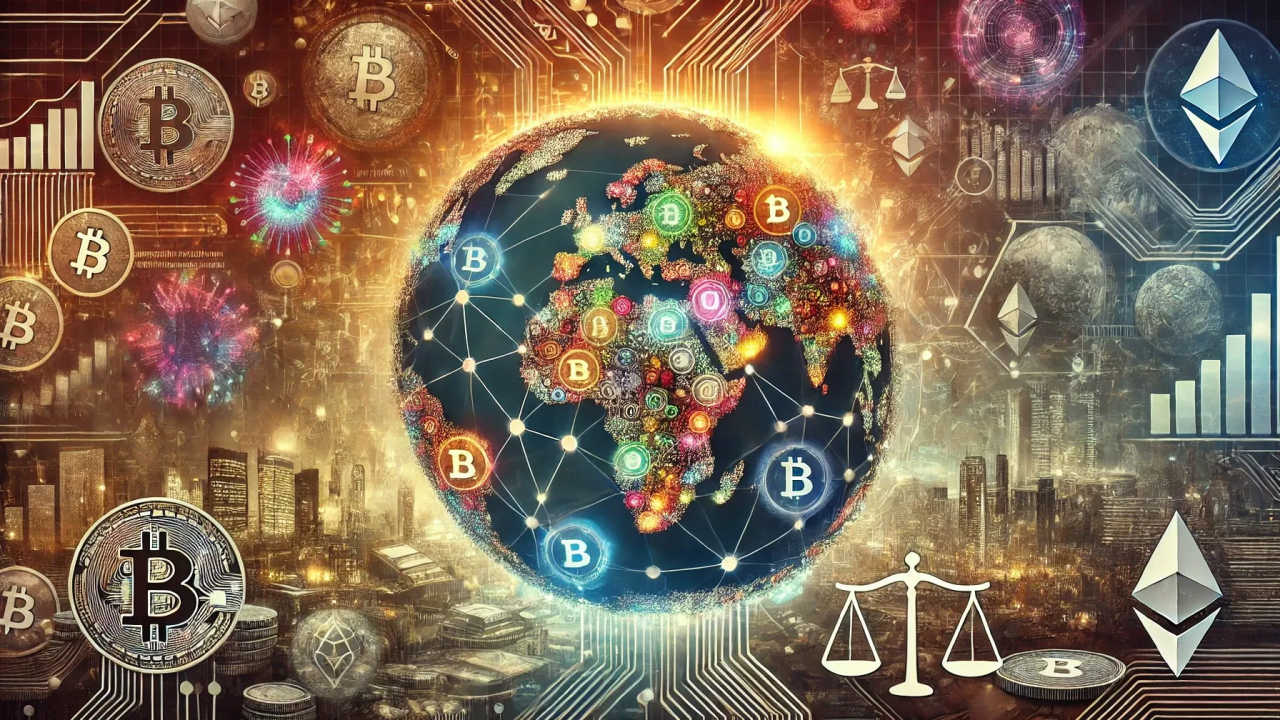
For an extended period, the global balance of power has been influenced by economic influence, military strength, natural resources, and geography. However, a new frontier is emerging as we continue to progress in the digital era, where the control of blockchain infrastructure and cryptocurrency networks could become a significant factor in the development of geopolitical power. This concept of “digital ...

The concept of a singular, global digital currency is no longer restricted to academic debate or science fiction. Many individuals envisage a future in which a single universal coin replaces traditional national currencies in global trade and finance, enabling seamless transactions across borders as cryptocurrencies and digital payment technologies continue to develop. However, this vision poses a critical question: would ...

The emergence of cryptocurrency has incited a global revolution, altering the manner in which money is transferred, value is stored, and individuals interact with financial systems. However, the crypto space is maturing, and an intriguing issue has arisen: which actors will be at the forefront of the digital frontier’s future? Will it be established digital titans that are shaping markets ...

The global economic order was significantly altered by the Bretton Woods Conference of 1944, which established the US dollar as the primary reserve currency and established institutions such as the International Monetary Fund (IMF) and the World Bank. For decades, this framework oversaw international finance, promoting stability and expansion during the postwar period. Many experts are currently questioning whether we ...

Underpinning international trade, finance, and geopolitics, the US dollar has long been the world’s dominant reserve currency. However, the rapid ascent of digital assets and cryptocurrencies has sparked a provocative inquiry: Is it possible for a future cryptocurrency to supplant the US dollar as the global currency? This concept is intricate and audacious, encompassing international relations, technology, and economics. We ...
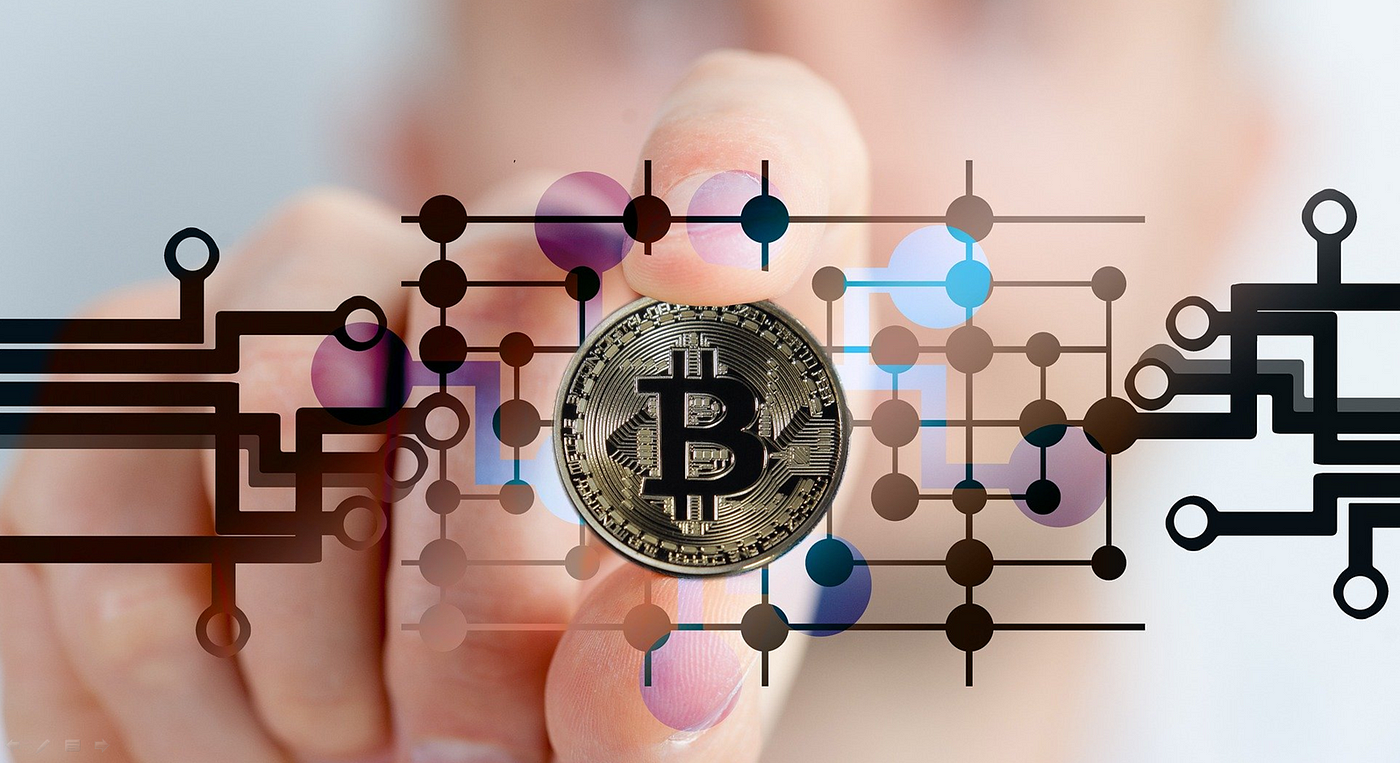
Frequently, cryptocurrency has been considered a revolutionary force that has the potential to democratize finance. It endeavors to provide banking and investment opportunities to the unbanked and marginalized populations worldwide by promising a borderless, permissionless system. However, with the rapid emergence of new crypto projects, concerns are arising: Will the next significant cryptocurrency fulfill the promise of financial inclusion, or ...